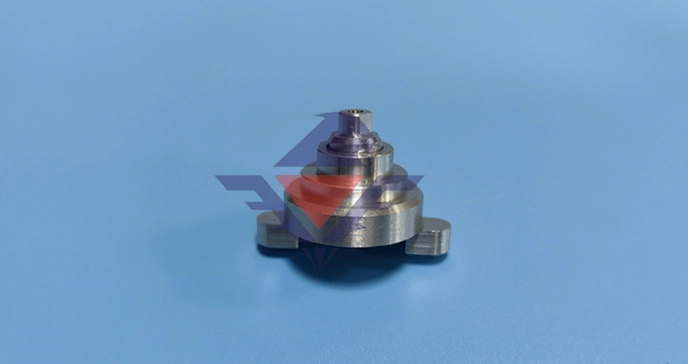
# Precision Swiss Screw Machining for Complex Components
## What is Swiss Screw Machining?
Swiss screw machining is a specialized manufacturing process that excels in producing high-precision, complex components with tight tolerances. Originating from Switzerland’s watchmaking industry, this advanced machining technique has evolved to serve various industries requiring intricate parts with exceptional accuracy.
## The Advantages of Swiss Screw Machining
Keyword: Swiss Screw Machining
Swiss screw machining offers several distinct benefits for manufacturing complex components:
– Superior precision with tolerances as tight as ±0.0001 inches
– Ability to machine small, delicate parts without deformation
– Excellent surface finishes right off the machine
– Capability to produce complex geometries in a single operation
– Reduced material waste compared to conventional machining
## Key Applications Across Industries
Precision Swiss screw machining serves critical needs in multiple sectors:
### Medical Device Manufacturing
The medical industry relies heavily on Swiss machining for components like:
– Surgical instruments
– Implantable devices
– Dental components
– Diagnostic equipment parts
### Aerospace Components
Aerospace applications demand the precision and reliability of Swiss machining for:
– Fuel system components
– Actuator parts
– Sensor housings
– Fasteners and connectors
### Electronics and Microtechnology
Swiss machines produce intricate parts for:
– Connector pins
– Miniature screws
– Sensor components
– Microfluidic devices
## The Swiss Screw Machining Process
Modern Swiss screw machines operate with computer numerical control (CNC) for enhanced precision and repeatability. The process involves:
1. Bar stock feeding through a guide bushing
2. Simultaneous machining operations by multiple tool stations
3. Continuous support of the workpiece near the cutting area
4. Automated part cutting and collection
## Material Capabilities
Swiss screw machining works with a wide range of materials, including:
– Stainless steels (303, 304, 316, etc.)
– Titanium and titanium alloys
– Aluminum (6061, 7075)
– Brass and copper alloys
– Plastics (PEEK, Delrin, Ultem)
– Exotic alloys (Inconel, Hastelloy)
## Choosing the Right Swiss Machining Partner
When selecting a Swiss screw machining provider, consider:
– Experience with your specific component requirements
– Quality certifications (ISO 9001, AS9100, etc.)
– Inspection capabilities (CMM, optical comparators)
– Material expertise
– Prototyping and production volume flexibility
Precision Swiss screw machining continues to be the gold standard for manufacturing complex, high-tolerance components across critical industries. Its unique capabilities make it indispensable for applications where precision, reliability, and quality are non-negotiable.
